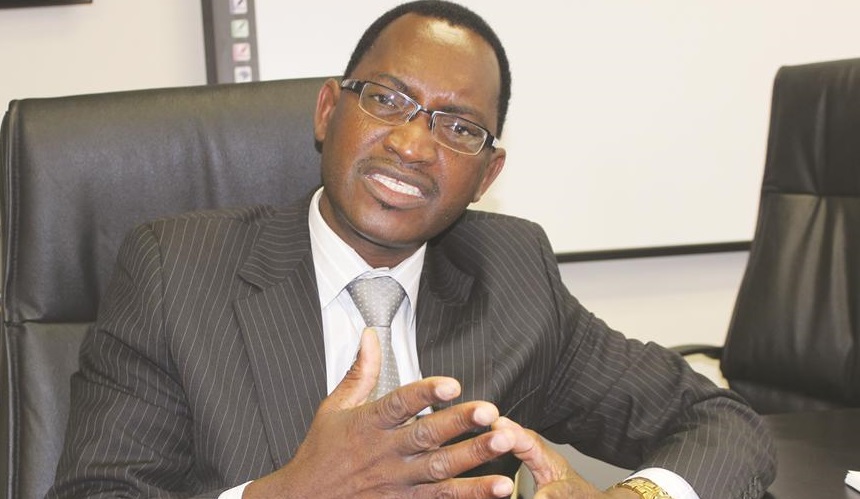Even before this weekend’s botched warrant of arrest (for Bernard Esau), the Anti-Corruption Commission’s independence and competence have long been questioned.
Several key corruption cases have either collapsed in court or seen the Prosecutor General decline to prosecute – suggesting shoddy investigations by the ACC (although questions about the PG’s own performance and delays in the court process are also factors). The most recent example was the Teko Trading case in which the ACC messed up its paperwork relating to search warrants and other key documents thereby contributing to the collapse of the trial and acquittal of the accused.
Since the introduction of the Anti-Corruption Act in 2003 and the Prevention of Organised Crime Act a year later there has been little legal reform aimed at bolstering the anti-corruption fight. Despite much talk about an access to information law, a bill has yet to be introduced in parliament while the whistleblower protection law was passed in 2017 but has yet to be implemented. This tends to suggest that the ACC has failed in its mandate to take “measures for the prevention of corruption in public and private bodies”.
So far, the public does not seem to think the ACC has done a very good job. The 2017 Afrobarometer survey found that 77% of respondents felt corruption had increased over the previous 12 months while 65% said that the authorities were not doing enough to deal with the problem.
Contract renewal
At the end of 2015 the contracts of ACC’s Director-General Paulus Noa and his deputy Erna van der Merwe were renewed for five years – running from January 1 2016 to December 31 2020. Many felt the re-appointments were inevitable as key people at the top of government are quite happy to see the ACC continuing to bumble along while doing its utmost to avoid political controversy.
The decision to renew Noa’s contract was taken by President Hage Geingob. The Anti-Corruption Act states that the President nominates a candidate to head the ACC while the National Assembly actually makes the appointment for a five-year term.
The system is open to abuse. Ideally, the head of the ACC should be appointed in a similar manner to the Chief Electoral Officer – with an independent panel selecting the successful candidate in a process that can be scrutinised by the public. At the moment, Swapo can essentially appoint anyone they think will protect the party’s top figures and financial backers from investigation and prosecution.
If the head of an anti-corruption agency is effectively given the job by the Head of State, inevitably the appointee has an incentive to defer to the will of the appointer. International best practice suggests that the appointment and removal of anti-corruption agency heads should be the joint responsibility of several stakeholders including the executive, legislature, and non-state actors. This avoids the possibility of the executive making decisions that are in the interests of one political group instead of the public.
As it is, we are stuck with the current leadership of the ACC for another year at least. And considering what happened in 2015 there is every prospect that his contract will be renewed until 2025.
Getting rid of the head of the ACC mid-term is not easy. The ACC Director-General can be removed on the grounds of non-performance, infirmity or misconduct. If such an issue arises, the President must notify the Chief Justice who, after consultation with the Judicial Service Commission, has to appoint an independent board to investigate and submit a report and recommendations to the President. If the board does recommend that the ACC Chief be fired – then the President and the National Assembly have still to back the recommendation for it to go through.
The questions remains: with the biggest corruption scandal since independence unfolding before our eyes, can we have any faith that the ACC will fulfil its duties with the necessary independence or even the most basic level of competence?


